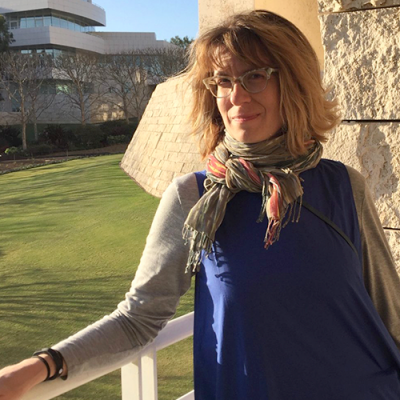The Office of the Vice President for Research (OVPR) would like to announce the National Endowment for the Humanities (NEH) Summer Stipend Program. The Summer Stipend Program will only accept two nominations per institution (NEH recognizes UConn Storrs and UConn Health Center as separate institutions), and as such the OVPR will be conducting an internal screening process.
Recipients usually produce scholarly articles, monographs, books, digital materials, archaeological site reports, translations, editions, or other scholarly resources while receiving the NEH summer stipend. Successful applicants will be awarded a stipend of $6,000.
NEH Summer stipends support:
· Individuals pursuing advanced research that is of value to humanities scholars, general audiences, or both.
· Continuous full-time work on humanities projects for a period of two consecutive months.
· Projects at any stage of development.
· Projects beginning May 2017.
Limited Submission
Because only two nominations can be submitted for this program, an internal screening process is required. If you are considering submitting an application for this program, an on-line Notification of Intent to Submit must be completed by the requested Intent to Submit Deadline.
When submitting pre-proposals for the internal screening process, please review the Guidelines for updates. Pre-proposals not adhering to these guidelines and instructions will be returned.
Program Requirements
Limit: Two nominations from each institution
Intent to Submit Deadline: 6/6/2016
Internal Screening Deadline: 7/1/2016
Sponsor Deadline: 9/29/2016, 11:59 PM (Eastern Time)
Submit e-proposals to: research@uconn.edu
 Alexis L. Boylan, Associate Professor, (Art & Art History and Women’s, Gender, & Sexuality Studies).
Alexis L. Boylan, Associate Professor, (Art & Art History and Women’s, Gender, & Sexuality Studies).
